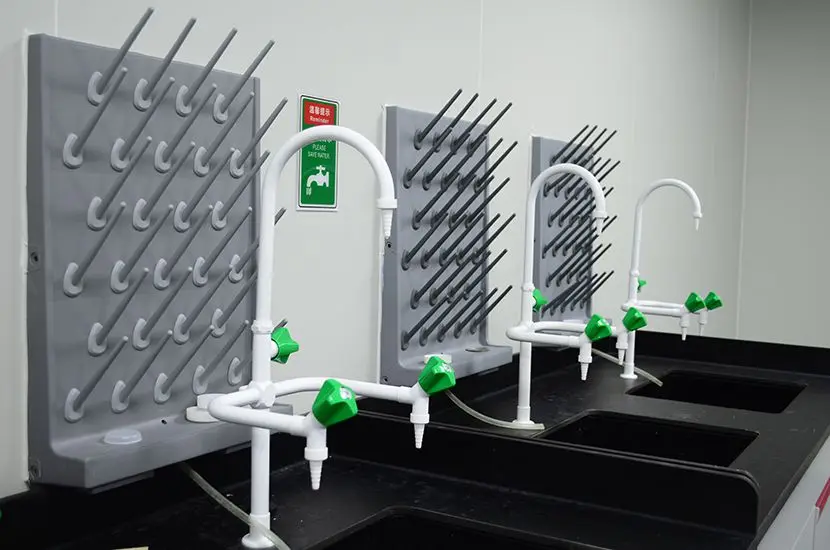
How much does ISO 10993-5 Cytotoxicity Testing cost?
What is in vitro cytotoxicity testing?
in vitro cytotoxicity testing is an experiment conducted outside of a living organism, simULating the growth environment of biological tissue. It detects cell lysis, inhibition of cell growth, and other toxic effects when medical devices and biomaterials come into contact with human tissues.
After completing evaluations of physical and cheMICal properties, manufacturing performance, and appearance, medical device manufacturers must perform biocompatibility assessments based on ISO standards to minimize risks.
In vitro cytotoxicity testing is one of the most important indicators in the biological evaluation system for medical devices and is a mandatory preclinical test for clinical applications of medical devices and biomaterials. Products such as disposable medical masks, medical sodium hyaluronate dressings, dental implant guides, disposable sterile sampling swabs, disposable surgical gowns, disposable puncture and minimally invasive expansion kits, and medical nebulizers all require cytotoxicity testing to assess their safety.
iso 10993-5 Cytotoxicity Testing Costs:
The cost of cytotoxicity testing for medical devices provided by JJR Laboratory in China is $500, and it takes two weeks to complete, following the MTT testing method.
Purpose and significance of cytotoxicity testing:
Purpose: To assess the potential cytotoxic reactions of medical devices and biomaterials, and pREDict tissue and cell responses when applied to living organisms. In vitro cell culture techniques can detect growth inhibition, functional changes, cell lysis, death, or other toxic reactions when test samples come into contact with cells.
Significance: This method economically and efficiently screens for the cytotoxicity of batches of test samples in a short time. It provides a prerequisite for conducting animal testing and offers a crucial guarantee for the development and application of new medical devices and biomaterials.
Testing Standards:
iso 10993-5:2009 Biological evaluation of medical devices—Part 5: Tests for in vitro cytotoxicity.
Introduction and selection of cytotoxicity test methods:
In vitro cytotoxicity testing is versatile and applicable to various medical devices and biomaterials. The tests are mainly divided into three types: extract test, direct contact test, and indirect contact test.
Which method to choose for in vitro cytotoxicity testing depends on the materials of the medical device and its interaction with the body. When multiple test methods are available for a project, factors such as test principle, sensitivity, selectivity, quantifiability, reproducibility, and the suitability and limitations of the test materials should be considered.
For example:
- The extract method is suitable for detecting the toxicity of leachables.
- The direct contact method has the highest sensitivity to material cytotoxicity and can detect weak cytotoxicity.
- The indirect contact method is suitable for testing highly toxic materials.
Each method has its characteristics due to different principles. The appropriate test method should be chosen based on the material's physical and chemical properties, the strength of its toxic effects, and its intended use.
Email:hello@jjrlab.com
Write your message here and send it to us
 Cost of U.S. FDA CFR 21 177.2600 Test Report
Cost of U.S. FDA CFR 21 177.2600 Test Report
 How much does the IP44 Compliance Test cost
How much does the IP44 Compliance Test cost
 What is LFGB Test
What is LFGB Test
 What does LFGB certified mean?
What does LFGB certified mean?
 Weee authorised representative germany
Weee authorised representative germany
 Where to Apply for 2026 Air & Sea Transport Ce
Where to Apply for 2026 Air & Sea Transport Ce
 Guide to IEC Test Reports for Lighting Exports
Guide to IEC Test Reports for Lighting Exports
 IEC/EN 62471 and IEC/EN 62778 (Photobiological Saf
IEC/EN 62471 and IEC/EN 62778 (Photobiological Saf
Leave us a message
24-hour online customer service at any time to respond, so that you worry!




